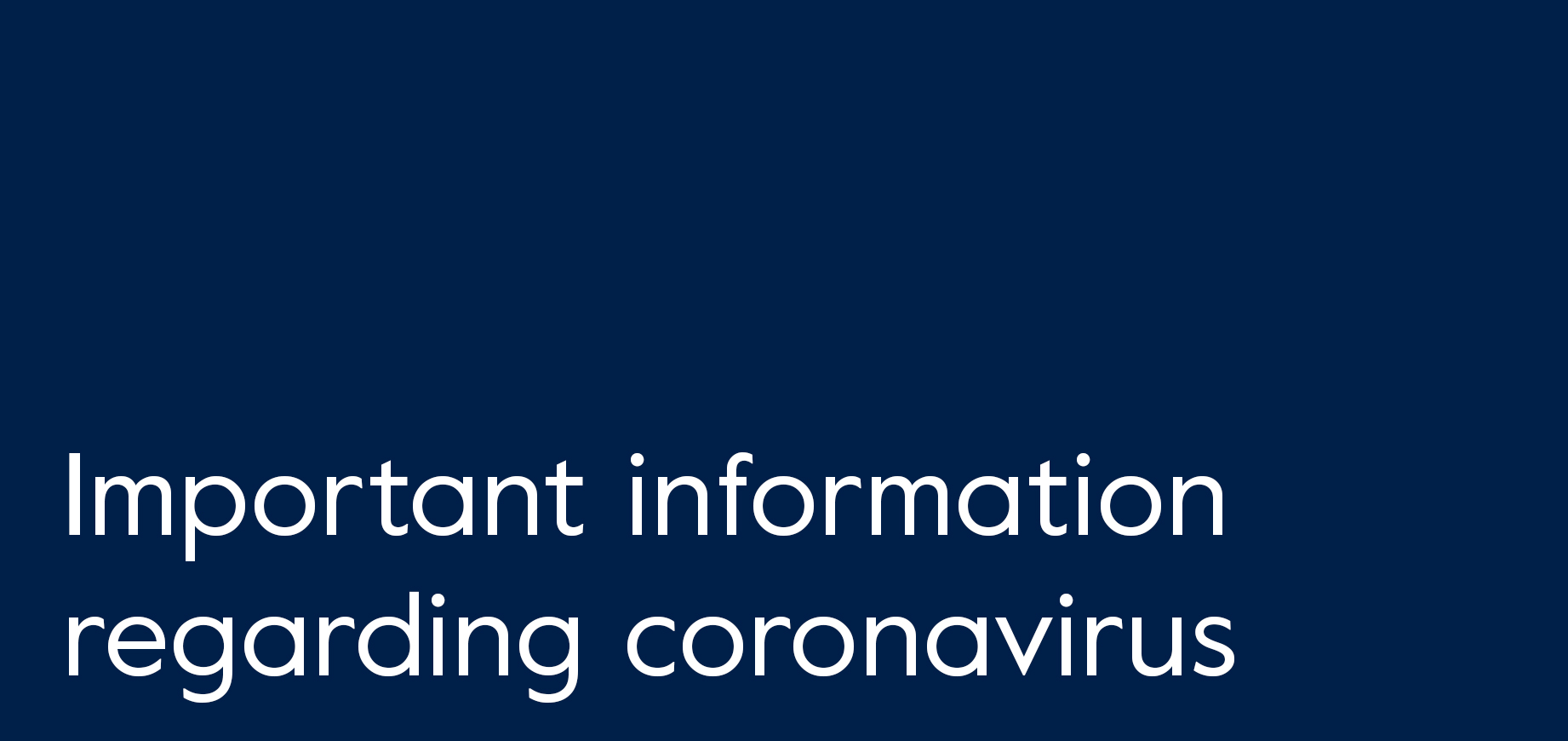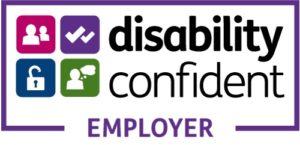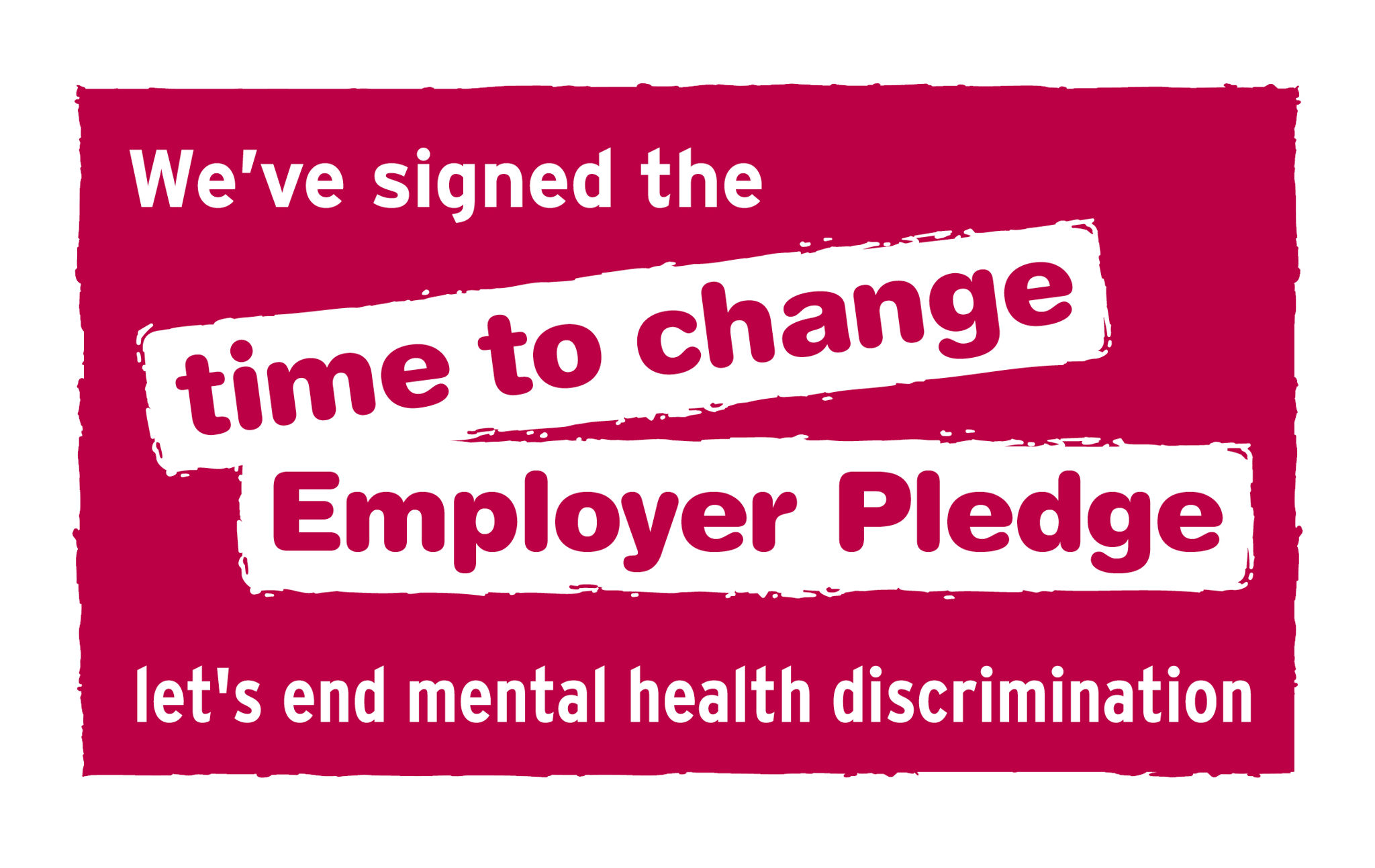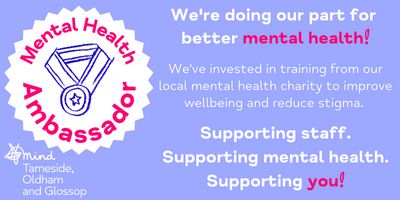Coronavirus response update - 19.05.20

Coronavirus response update 19th May 2020
Teenagers often get a bad press. But we all know how inspirational they can be. I happened to come across an article today about this year’s Rotary Young Citizen Awards. One stood out: a group of students from Queen Elizabeth Sixth Form College in Darlington who formed a group called ‘the Interveners’ earlier this year. During the Coronavirus crisis, the group of 47 students have provided 100 scrub bags for the local Intensive Care Unit and send cards of thanks, chocolate brownies, moisturisers and hand cream to the medical staff dealing with COVID-19 parents at Darlington Memorial Hospital. That in itself is impressive enough, but they also started their ‘Snailmail Sunshine’ project, sending 1200 letters to vulnerable and elderly people in Darlington and across the North-East. They also put together a ‘VE Day in a Box’ for a local care home to help them in their VE Day celebrations, baking cakes, making bunting and party hats for the residents. There will be many thousands of teenagers doing similar things but not receiving the plaudits. We have already seen a large number of Ashton Sixth Form College students doing similar things, from supporting our NHS to looking after loved ones. In these quite difficult and challenging times, a story like this brings a bit of hope that our community post COVID could be a better place.
Today, we are asking parents about their views on plans to re-open the college and return to some form of study from some point in June. We have already decided to match Tameside Council’s approach and so will not open until after the 8th June at the earliest. We are still in the planning stage for any return and promise that the health and safety of all members of our college community is paramount. When we return, the offer will be very different and not a return to a normal way of working. It is likely to involve a different start and end times, small group (4/5 students) and one-to-one work with teachers, senior tutors and support staff. We plan to limit the need to travel on public transport at peak times, we will enforce social distancing across the whole site at all times and introduce a rigorous cleaning regime. Your responses will help to guide our approach to reopening and the timing of any return. Thank you in advance for your responses. The survey can be found in the email sent to parents today. It will close at 4.00 on Thursday 21st May.
The A1 to A2 Progression survey remains open until Friday 22nd May (this Friday). Please could you encourage your sons / daughters to complete this survey as soon as they can but by this date at the latest. The survey can be found on Cedar. If there are any issues with access to the survey, please contact your son or daughter’s Senior Tutor. Over 500 students completed this survey in the last 24 hours which is a brilliant response.
And finally, today is the second day of Mental Health Awareness week. It is important that we all look after our mental health as well as our physical health. It is good to talk and share our feelings, particularly in these difficult times. A few tips below:
Maintain social connections
- It is disorienting to be so removed from those we love. It is also strange to be away from friends
- Think about who energises you and reach out to them for a conversation. Limit time with those who don’t.
- Think about who you can support and get in touch with them as well.
- Make a point of speaking to your friends and family, even if you don’t especially feel like it. Maintaining social connections will strengthen your own resilience as you go through the weeks yet to come.
- Define your news exposure. Too many notifications may add to your stress and anxiety. Target the sites that bring comfort and joy.
Practice self-care
Find some moment in the day when you do something that is just for yourself, something restorative.
- It is not selfish to look after yourself at this time: by caring for yourself, you are investing in your own ability to stay strong over the coming weeks.
- Make time to do something that will allow your brain to calm: meditation, visualisation, mindfulness, prayer, yoga, tai chi, gardening…
- Be kind to yourself: there is ample evidence that higher levels of self-compassion - kindness, common humanity, mindfulness - have been found to be strongly related to fewer mental health symptoms such as depression, anxiety, and stress.
Establish good mental health habits
Many of us are getting tired of being told how we ought to behave. Although this guidance may feel patronising, there is strong evidence that good mental health hygiene will help us to be resilient over the long run. Good habits include:
- Exercise
- Eat nutritious food
- Moderate alcohol and sugar intake
- Adopt good sleep habits
- Moderate social media consumption, check sources
- Practice gratitude – focusing on the positive can help
- Be creative; music, art, building something, write, rearrange a room, cook a new dish, make/do/mend, grow plants on your windowsill etc.
- Talk about your feelings. Expressing how you feel will mean you have a choice about what to do with that feeling: suppressing it will mean that the feeling can overwhelm or hijack you.
- Accept uncertainty as reducing the need for certainty will reduce the drive to worry. We are living through uncertain times so all we can do is focus on those things we can control. A world pandemic is not one of them.
- Normalise distress. The emotions you are feeling right now (anger, sadness, fear) are normal responses to an abnormal situation
I hope these little tips help you and your family members should you need them.
That’s all for today.
Take care, look after yourself, your families and each other; be patient and stay positive.
Anton


.png)




.png)

